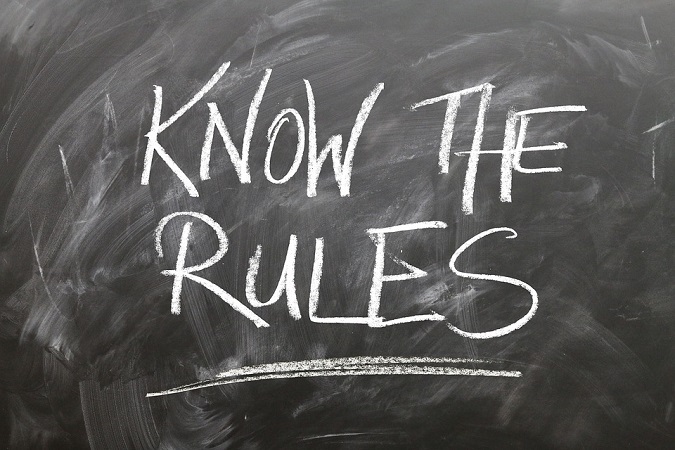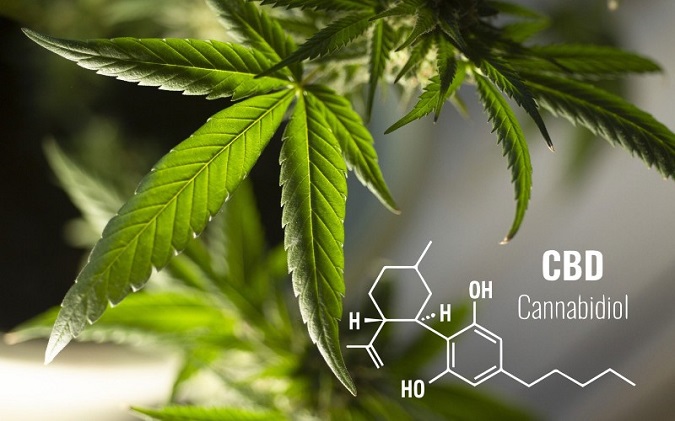CBD Regulations: What Companies Are Doing to Get Ahead in the Game

The CBD industry has been in the spotlight for a while, but sales increased exponentially with the COVID-19 pandemic. People want a way to bring a sense of calm to all the chaos occurring around them, and CBD has become their natural solution.
What is CBD?
CBD, short for cannabidiol, is a chemical compound from the Cannabid sativa plant, whish is also known as marijuana or help. It is obtained directly from the hemp plant and is an essential component of medical marijuana.
CBD does not cause a person to feel “high,” which does occur with another element found in marijuana, tetrahydrocannabinol (THC). Marijuana is considered to be a class 1 controlled substance due to the psychoactive properties of THC.
CBD is currently being used to treat a wide range of health conditions. However, the Food and Drug Administration (FDA) has implemented regulations stating that any product containing CBD, which makes therapeutic or disease-treating claims (regardless of being hemp-derived), must have FDA approval.
CBD Regulations

All 50 states have specific laws and regulations regarding the sale and use of CBD products. For CBD to be considered federally legal, it must not contain more than 0.3 percent THC.
Due to the 2018 Farm Bill, hemp-derived CBD is not subject to regulation as a controlled substance at a federal level. Instead of being regulated by the Drug Enforcement Agency (DEA), hemp is regulated by the U.S. Department of Agriculture (USDA).
If CBD is sold online, the company selling the CBD must be fully aware of the laws and regulations in their state and the other locations they are selling their products to because every state is different.
CBD Facts
- As long as the hemp-derived CBD does not contain more than 0.3% THC, it is considered legal in all 50 states.
- CBD is commonly used for anxiety and insomnia.
-
The CBD pet market is expected to grow to over $1.16 billion by 2022.
Critical Strategies for CBD Businesses in the United States
As the COVID-19 pandemic spread, CBD sales skyrocketed and continue to do so. It is estimated that the CBD business market will reach $5.9 billion by 2024.
There are some vital procedures for tackling the CBD business in 2021.

1. Discuss the benefits of CBD without making any medical claims.
a). Avoid labeling CBD products as being a potential cure for any health condition or disease.
b). Companies must also include a warning label notifying consumers that the FDA has not approved the CBD product.
c). Avoid marketing or labeling the CBD product as a dietary supplement.
d). When launching a new CBD company, it is imperative to seek legal counsel with someone familiar with the state and federal labeling laws and product marketing requirements within the cannabis industry.
2. Educate and inform your customers to build trust for a long-lasting and loyal relationship.
3. Research the local laws and regulations regarding CBD in the city and state of your planned CBD business.
4. Market your brand utilizing effective methods, including:
a). Search Engine Optimization (SEO) - This powerful method will help big search engines like Google find out more about what you are selling and drive more traffic to your site.
b). Marketing Content - Setting up high-quality content such as informative blogs can help drive traffic to your site.
c). Mailing List - Create a monthly CBD mailing list where you send out the newest information on CBD products and any sales or promotions.
d). Social Media - Using social media platforms like Facebook, Twitter, Instagram and Pinterest can help your audience grow and make your brand more recognizable.
e). Create a Standout Logo - Make sure your logo represents everything your CBD business stands for and carefully utilize colors.
i. Green represents calmness.
ii. Bright colors draw attention and stand out.
5. Fine-tune your CBD business website to include pertinent CBD research and information relating to other CBD-associated compounds such as CBN for sleep.
6. Familiarize yourself with all of the various CBD products available.
a). Vaporizers and Vape Concentrates - Vape products such as CBD oil vapes are inhaled and provide immediate results as they are absorbed straight into the lungs and bloodstream.
b). Tinctures - CBD tinctures are in liquid form and placed directly under the tongue providing rapid absorption.
c). Edibles - These types of CBD products come in gummies, cookies, candy, and beverages and take a little longer for the full effects due to the digestion process slowing things down.
d). Topical Solutions - A CBD topical solution includes creams, lotions, and gels applied directly to the skin.
e). Pet Products - CBD pet products are essential for a booming CBD business and come in various forms, such as tinctures and treats.
There is no question that CBD products’ popularity has grown over the years and is destined to increase even more over the coming years. CBD companies can get ahead in the game by taking the proper legal precautions and using the best marketing strategies. These steps are essential to sustaining and benefiting from your CBD business.






















